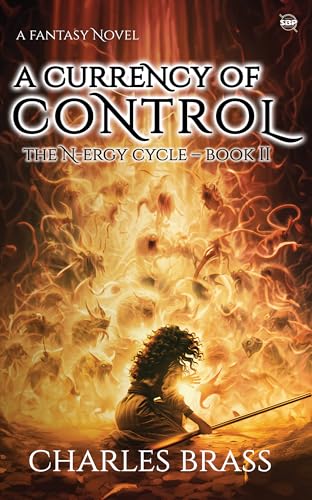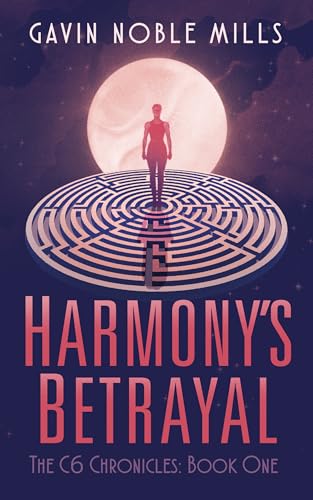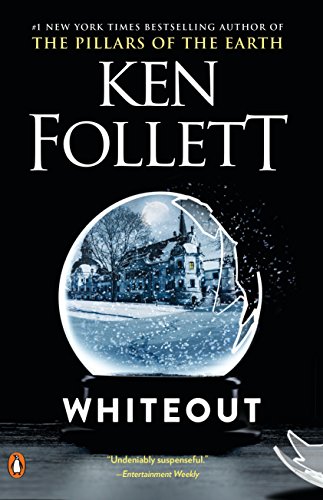 In today’s Publetariat Dispatch, author Virginia Ripple stresses the importance of taking breaks from taxing work, whether physical or mental.
In today’s Publetariat Dispatch, author Virginia Ripple stresses the importance of taking breaks from taxing work, whether physical or mental.
It’s good advice for anyone who’s Type A, a perfectionist, or tends toward overwork.
I’m getting ready to re-vision my blog. By that I mean I’m going to take a short break to brainstorm some great ideas for future posts. I want to make this a place you can stop by to pick up handy tips and inspirational messages to help you in your day-to-day life, as well as catch a weekly laugh.
That being said, I don’t want to just leave you high and dry while I work up a new plan, so I’ll be re-posting some of the best from the last year. Enjoy!
Maybe it’s just a “man thing,” but both my husband and my father will run themselves into the ground to get a project completed. Given half the chance they’ll drag anyone helping them down, too.
Case in point: the guys chose a very hot day to put posts under our front porch roof to keep it from sagging, figuring the job would only take about 2 hours. It took most of the morning and the entire afternoon. Getting them to stop, even for a few moments to take a drink, meant needing to become an overbearing, stubborn commander with a voice that would ring across a parade ground.
Not a happy experience for any of us.
The reason I was given for driving themselves like that was they “wanted to get the job done.” Not an unreasonable response, but it wasn’t a very wise decision.
What’s the real problem?
It’s a combination between wanting to achieve a goal and having little respect for yourself and your body — that thing called a temple in the Bible.*
Accomplishing something you’ve set out to do is a great high. Finishing a goal takes away, at least for a time, those feelings of inadequacy, of fear, of anything that holds us back from being happy. It’s something like a “runner’s high” where endorphins are released.
The problem shows up in not respecting the body’s needs. Just like an athlete on a “runner’s high” can injure themselves, anyone driven to achieve a goal can harm themselves by ignoring the need to rest.
That goes as much for mental labor as physical labor because staying up late to complete a task, like meeting your daily writing quota (guilty!), when you know you can’t sleep in is as bad as pushing through physical exhaustion to finish building a porch.
Taking a break is not a sign of weakness. It is a sign of wisdom.
Breaks do prolong the time it takes to accomplish a task. There’s no getting around that. However, not taking a break risks injury.
In the case of my husband and father, it meant possible dehydration and heat stroke. For that sleepy writer it might mean making poor decisions at the day job or saying something to a loved one that you’ll regret later.
A better solution is to plan ahead. Make sure you add in time to take a few breaks. Expect whatever you’re about to do to take at least twice the time you think it should. If necessary, break it up over several days. There is nothing wrong with taking your time.
If you have a deadline, planning far enough ahead means no need to “pull an all nighter.” The other positive outcome is that you might come in ahead of your deadline. That feels even better because, not only are you ahead of schedule, but you’re not too tired to enjoy it.
This is a reprint from Virginia Ripple‘s blog.
jdsakf;l













